TYPES OF TRAINING
.
General
ZYX's generic training address how one understands situations and challenges better and how one should go about reaching successful decisions; successful in the sense that they are both good decisions and achieve the necessary 'buy in' for what follows.
All of ZYX's training include the session on the overarching decision-making framework.
Various training packages are available from one to five days in duration, full or part-time. More advanced training packages are also available, but only recommended after the framework has been put into practice and seen to deliver benefits.
.
Bespoke
Due to how ZYX's training materials have been structured, it is straightforward to develop training for a particular client that very specifically meets its current needs or addresses a specific challenge.
Bespoke training enables us to ensure that the most useful material is covered in a manner that is most beneficial to the individuals attending.
We can incorporate a critical decision that the client will soon be making into the training, which would then include an element of 'workshop'.
Finally, we can tailor 'refresher' packages to answer any questions arising from actual use of the framework, to refine how it is put into practice within your organisation and to maintain momentum.
.
Specialist
ZYX is able to offer more specialist training to improve specific capabilities within an organisation. TThe material presented will include specialist knowledge and modern best practice, whilst making use the framework to improve on those best practices in the context of your organisation.
In discussion with the client, we will customise our training to take your company beyond its current level of knowledge, expertise and capability.
The specialist areas incorporated in ZYX's overall training include:
Leadership, Strategy (planning & execution), Risk Management, Project Risk Management, Crisis Avoidance & Crisis Management, Negotiation & Risk, Creativity.
.
.
.
.

Not the worst starting point....................often better than being 100% certain!
.
.



 Dependencies, all around us in today's world, are a cause of crises and the downfall of companies
Dependencies, all around us in today's world, are a cause of crises and the downfall of companies